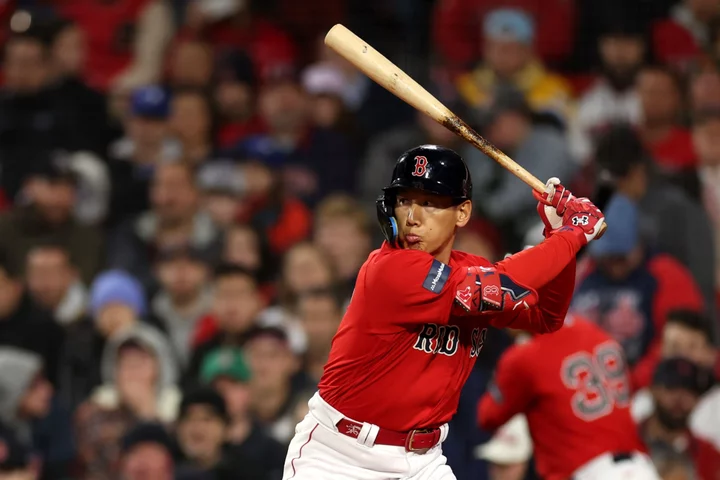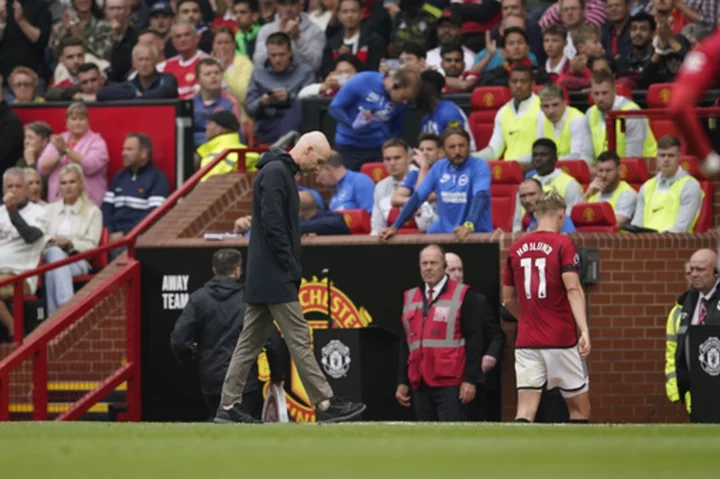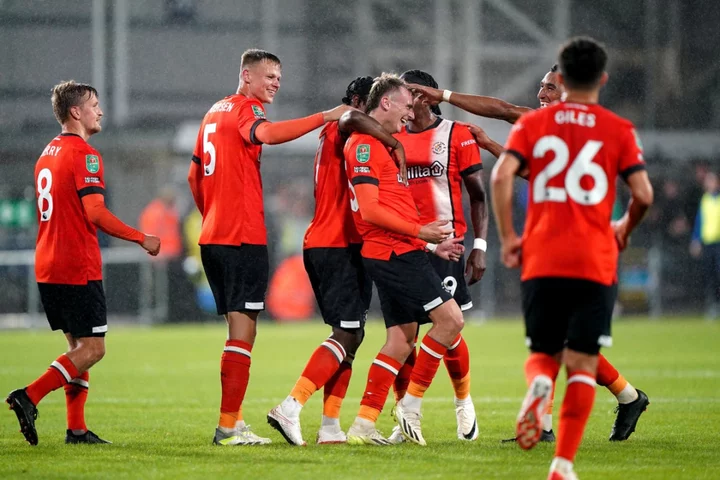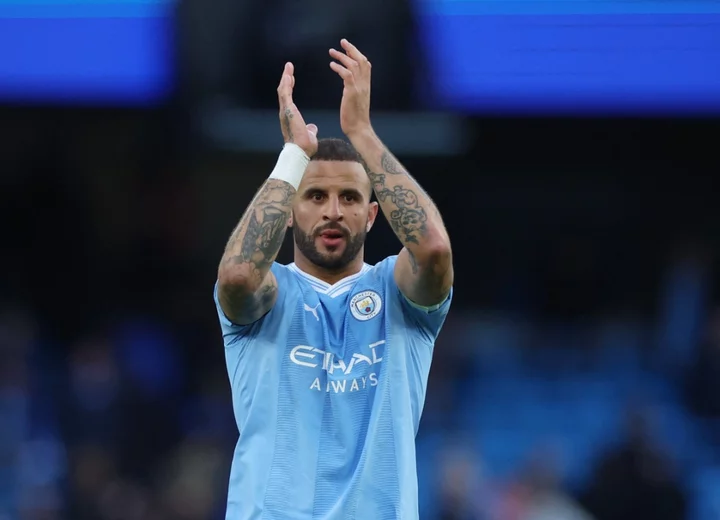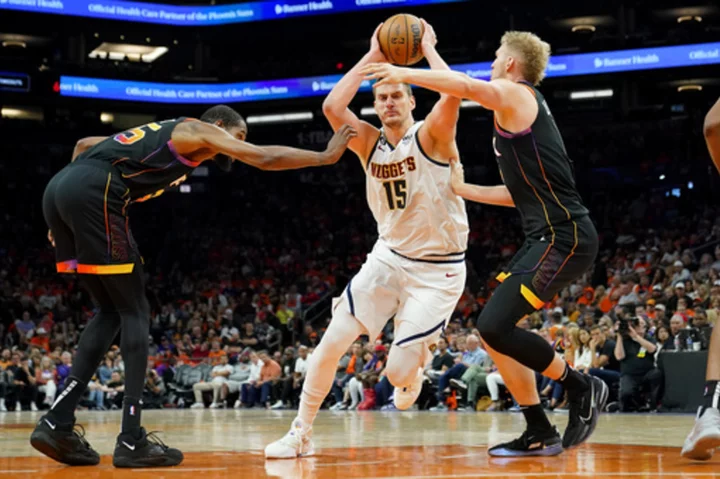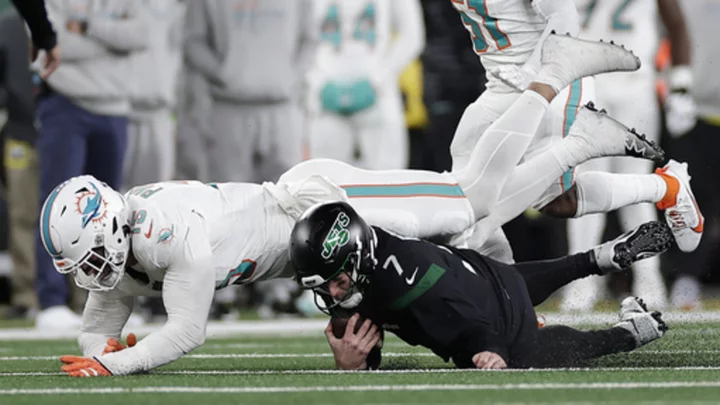Fenway Sports Group, the parent company of the Boston Red Sox, Liverpool FC and the Pittsburgh Penguins is officially in “growth mode.”
One of the best-known sports investors, FSG has kept slowly adding teams to its roster. Founded by John Henry and Tom Werner to buy the Red Sox back in 2002 for $380 million, the group bought Liverpool FC in 2010 and two years ago purchased the Pittsburgh Penguins for $900 million.
“Part of my role is to make sure that we continue to maintain access to capital, keep our cost of capital as low as it can be, fortify the balance sheet,” said Julie Swinehart, Chief Financial Officer of FSG, “so that we can go and seek out that new team, in an existing league or perhaps dive into a new venture in a new type of sport.”
Speaking on Bloomberg’s Chief Future Officer show, Swinehart didn’t specify where FSG might invest, but one sign points to Las Vegas. LeBron James and business partner Maverick Carter bought a 1% stake in FSG in 2021, alongside investor RedBird Capital’s purchase of a 10% stake in a deal valuing FSG at $7.35 billion.
Read More: World Cup Turns Up the Pressure for TV to Embrace Women’s Soccer
“I want to buy a team for sure... I want a team in Vegas,” James said last year in June on his YouTube talk show, The Shop. The Los Angeles Lakers forward would later double down in an Oct. 2022 press conference with a comment pointed at NBA Commissioner Adam Silver, “I want the team here Adam.”
Silver gave the latest update on NBA expansion at the APSE conference in July, where he said he’ll look at Las Vegas and cited an “enormous” interest in Seattle.
A potential deal involving FSG could happen quickly. The deal for Liverpool was struck in three months, said Boston Red Sox President and CEO Sam Kennedy. “Things can happen rapidly around here,” he added.
Much of the recent deal talk surrounding FSG has been the potential sale of Liverpool FC, bought for £300 million in 2010. In March, Henry said the club had identified potential investors for the English football club, however a deal has yet to be struck.
Kennedy admitted that the Premier League had become increasingly competitive, driven in part by major investors spending billions on teams.
“These clubs, these franchises, they need massive investment, said Kennedy. “Are we disciplined? Do we try to be disciplined? Yes, of course, because we need to spend at the player development area on free agents, on transfers when it comes to global football.”
Coming soon: Sign up for Bloomberg’s Business of Sports newsletter for the context you need on the collision of power, money and sports, from the latest deals to the newest stakeholders. Delivered weekly.

